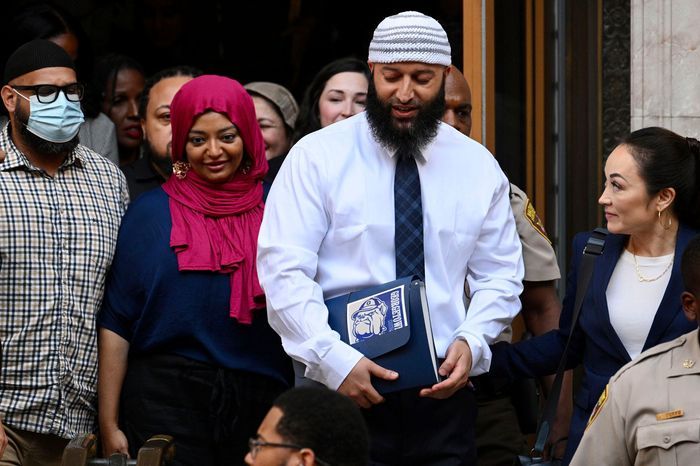Preventing Prosecutorial Misconduct and Wrongful Convictions
Only 4% of persons involved in prosecutor-involved misconduct are disciplined

Perhaps the most recent, well-known case of a wrongful conviction is the release of Adnan Syed. Maryland prosecutors announced last week that they were dropping all charges against Syed, a few weeks after his murder conviction was thrown by a judge. The news from Baltimore garnered headlines nationwide, almost a decade after the case initially gained notoriety on the podcast “Serial.”
What led to the overturned conviction is something that didn’t grab as many headlines, but is a dynamic that happens far in far too many prosecutor’s offices nationwide: prosecutors failing to turn over critical exculpatory evidence that could influence the outcome of a case and the ability of the person charged with a crime to defend themselves. That failure is one that should concern all who value the integrity of our criminal legal system.
According to a report from the National Registry of Exonerations, concealed exculpatory evidence is the most common type of official misconduct driving wrongful convictions, having played a role in 44% of cases that resulted in an exoneration through 2019. Rates of official misconduct are highest for the most serious crimes, as the pressure to secure a conviction is greater and the consequences of a wrongful conviction are most severe. We don’t know exactly how many people sitting in our nation’s prisons and jails today are innocent, but credible estimates range from 1% to as high as 6%, and they are likely to be disproportionately people of color.
Despite the known life-altering consequences and immense costs of wrongful convictions, prosecutors are almost never held accountable for their role in convicting the innocent. Of known exonerations that involved prosecutorial misconduct, discipline was only issued in 4% of cases, and for the most part, that discipline was fairly lenient. Even police misconduct, which garners much more public and media attention, and where cases of misconduct often aren't punished, are still disciplined more than six times as often as prosecutors for their role in wrongful convictions.
With the upcoming midterm elections in the United States, it's paramount that voters who are interested in progressive criminal justice reforms know who their elected state and county prosecutors are. Look for reform-minded prosecutors who champion policies reducing racial disparities, supporting victims, minimizing unnecessary incarceration and prioritizing prosecutorial ethics. Transparency from those offices is another important factor to take into considerations. State and county prosecutors that are focused on making that data public, shining a light on prosecutorial processes and telling their communities how they are using their limited resources are vital steps that can be taken to reduce prosecutorial misconduct and the terribly grave consequences of those unethical decisions.










